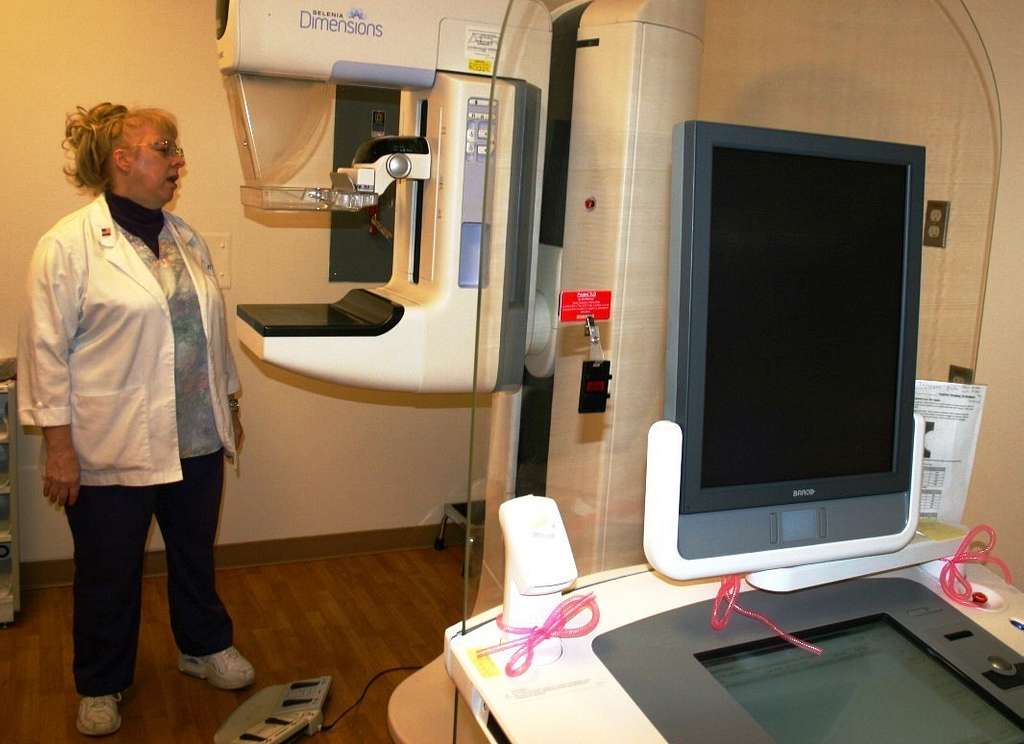Health experts are alarmed by an increase in breast cancer diagnoses among younger women and persistently high death rates among Black women in particular. On Tuesday they offered a stark revision to the standard medical advice on mammograms.
Women of all racial and ethnic backgrounds who are at average risk for breast cancer should start getting regular mammograms at age 40, instead of treating it as an individual decision until they are 50, as previously recommended, the U.S. Preventive Services Task Force said.
The group issues influential guidelines on preventive health, and its recommendations usually are widely adopted in the United States. But the new advice, issued as a draft, represents something of a reversal.
In 2009, the task force raised the age for starting routine mammograms to 50, from 40. At the time, researchers were concerned that earlier screening would do more harm than good, leading to unnecessary treatment in younger women, including biopsies that turn out to be negative.
But they have reversed their guidance as conditions seem to have changed. There have been troubling trends in breast cancer in recent years. They include an apparent increase in the number of cancers diagnosed in women under 50 and a failure to narrow the survival gap for younger Black women, who die of breast cancer at twice the rate of white women of the same age.
“We don’t really know why there has been an increase in breast cancer among women in their 40s,” Dr. Carol Mangione, immediate past chair of the task force, said in an interview. “But when more people in a certain age group are getting a condition, then screening of that group is going to be more impactful.”
The new recommendation covers more than 20 million women in the United States between the ages of 40 and 49. In 2019, about 60 percent of women in this age group said they had gotten a mammogram in the past two years, compared with 76 percent of women aged 50 to 64 and 78 percent of women aged 65 to 74.
The panel has said there is insufficient evidence to make recommendations one way or the other for women who were 75 and older.
Dr. Mangione said the task force had for the first time, commissioned studies of breast cancer specifically among Black women, as well as for all women, and needed more research into the factors driving the racial disparity. The task force also is calling for a clinical trial to compare the effectiveness of annual and biennial screening among Black women.












